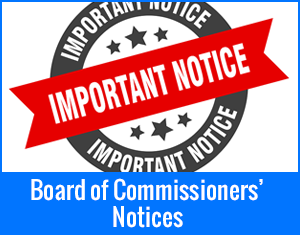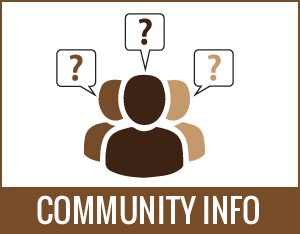
- By Yalonda Miller
- Posted Thursday, June 12, 2014
1st Confirmed Case of Chikungunya
This week, the Forsyth County Department of Public Health (FCDPH) confirmed the first case of chikungunya virus infection (chikungunya) in a North Carolina patient who had recently travelled to the Caribbean.
“The FCDPH is working closely with North Carolina Division of Public Health, providers and the Centers for Disease Control and Prevention (CDC) to help with diagnosis testing in symptomatic persons returning from the Caribbean or other areas of the world affected with outbreaks of chikungunya,” said Marlon Hunter, Health Director.
Symptoms of chikungunya usually begin 3-7 days after being bitten by an infected mosquito and can include fever and severe, and often disabling, joint pains often in the hands and feet. Most people infected with chikungunya will develop some symptoms. Many patients feel better within a week; however, in some people the joint pain mat persist for months. People at increased risk for severe disease include newborns exposed by their infected mothers, older adults (greater than 65 years) and people with medical conditions such as high blood pressure, diabetes, or heart disease. There is no vaccine to prevent this disease. Treatment is supportive, to alleviate symptoms. There is no specific treatment against the virus.
Chikungunya is spread through the bite of an infected mosquito. Although historically found in Africa, Asia, and the islands in the Indian Ocean and Western Pacific, it was introduced in December, 2013 into the mosquito population of the Caribbean. Since then it has spread through the Caribbean islands and caused illness in over 136,000 residents and travelers.
While no transmission has been reported in the U.S., a few returning travelers have been diagnosed with chikungunya, creating the potential for transmission as some of the mosquitoes found here could transmit this infection.
The mosquito present in North Carolina capable of transmitting chikungunya is the Asian tiger mosquito, Aedes albopictus. It is widely found in all of North Carolina and is an aggressive daytime biter that reproduces in containers of stagnant water. Citizens can minimize their exposure to these mosquitoes by eliminating potential breeding sites in their own yards: draining water from garbage cans, house gutters, pool covers, coolers, toys, flower pots or any other container where sprinkler or rain water has collected. Discard any items, however small, that may collect water. Hunter stated, “A bottle cap full of water can be a breeding site for these mosquitoes.” Remember to clean bird baths and pet water bowls twice a week. If you go outside when mosquitoes are active, cover up. Wear shoes, socks, long pants and long sleeves, and apply mosquito repellent to bare skin and clothing. Always use repellent according to the label. Repellents with DEET, picardin, oil of lemon eucalyptus, and IR3535 are effective.
Travelers to areas with chikungunya, such as the Caribbean, the Indian Ocean, East Africa, India and Western Pacific should take precautions as described above, and should consult their doctor if they develop signs and symptoms of chikungunya within 2 weeks of leaving these areas.
For additional information about chikungunya, please visit the links below:
General information about chikungunya: http://www.cdc.gov/chikungunya/
To learn more about chikungunya and its introduction into the Americas, please visit: http://www.paho.org/hq/index.php?option=com_content&view=article&id=9053&Itemid=39843
Information for Healthcare Providers, please visit: http://www.cdc.gov./chikungunya/hc/resources.html
Travel related fact sheets/posters: http://www.cdc.gov./chikungunya/fact/index.html
To follow the surveillance information being collected by CDC from within the United States: http://www.cdc.gov./chikungunya/geo/americas.html
To follow the surveillance information for the Caribbean and other countries in the Americas: http://www.paho.org/hq/index.php?option=com_content&view=article&id=9053&Itemid=39843
If you would like to speak with someone at Public Health about chikungunya please call Forsyth County Department of Public Health at 336-703-3350.






